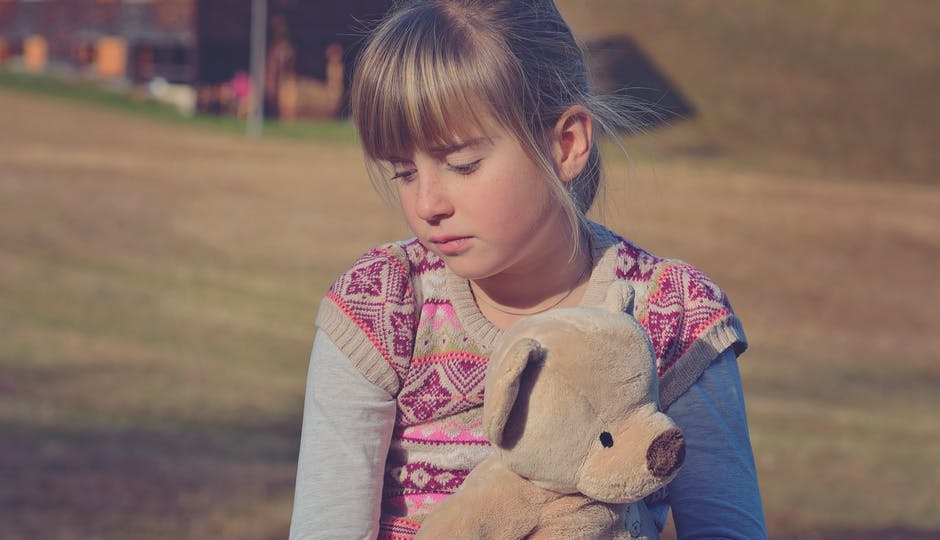Chantal Chen,
Occupational Therapist
with Ronni Rowland,
Writer
Imagine this scene at a playground. A young child takes your daughter’s toy. The child’s mother or father scolds, “No! No! That’s not yours! Say you’re sorry.” The child pouts and crosses their arms. Mom insists on an apology. The child mumbles “sorry” and runs off.
Fast-forward to when your child is a teenager, where demanding an apology is also not effective in eliciting a genuine or enthusiastic response.
“Forcing a child to apologize can actually lead to behaviors that are less desirable,” says Chantal Chen, occupational therapist with ELG. Here’s why this approach doesn’t teach empathy or self-reflection.

Brain Basics
The part of the brain that plays a significant role in judgment, impulse control, and complex decision-making is called the prefrontal cortex and it’s the last area of the brain to fully develop. The first part of our brain to develop is the reptilian brain, which helps us to survive through danger. Interestingly, these two parts of the brain don’t work together. This is part of the reason why children may act up and do things that unintentionally hurt others. They are focusing on their own wants and emotions and are still learning the empathy part.
The prefrontal cortex is also the part of the brain that helps us to organize emotional reactions. “When a child is stressed, they usually regress,” notes Chantal, “so asking a child to apologize when they are feeling stressed or emotional doesn’t lead to a sincere outcome.”
Insincere Apologies
A child or teenager who is pressured into apologizing may do so to avoid being in trouble. They learn that saying “I’m sorry” makes the mistake disappear. But does it? A quick apology:
- Doesn’t help a child understand how others are feeling.
- Doesn’t offer meaningful strategies for how to behave or manage emotions.
- Doesn’t deliver consequences for negative actions.
Contain Negatives, Teach Positives
After a child makes a mistake, such as taking someone’s toy, stay calm and talk about the situation. Containing the child’s emotions is key to self-reflection and empathy. “One strategy for containment is ‘time-in’ instead of putting your child in ‘time-out’,” explains Chantal. “Pre-empt what is happening, and bring your child to you. Discuss what the other child may be feeling and offer choices to your child for how to correct the situation.”
And remember the next time you apologize to a spouse or friend, it’s an opportunity to demonstrate sincerity and empathy to your child. Being truly sorry is a chance to be a real role model.
